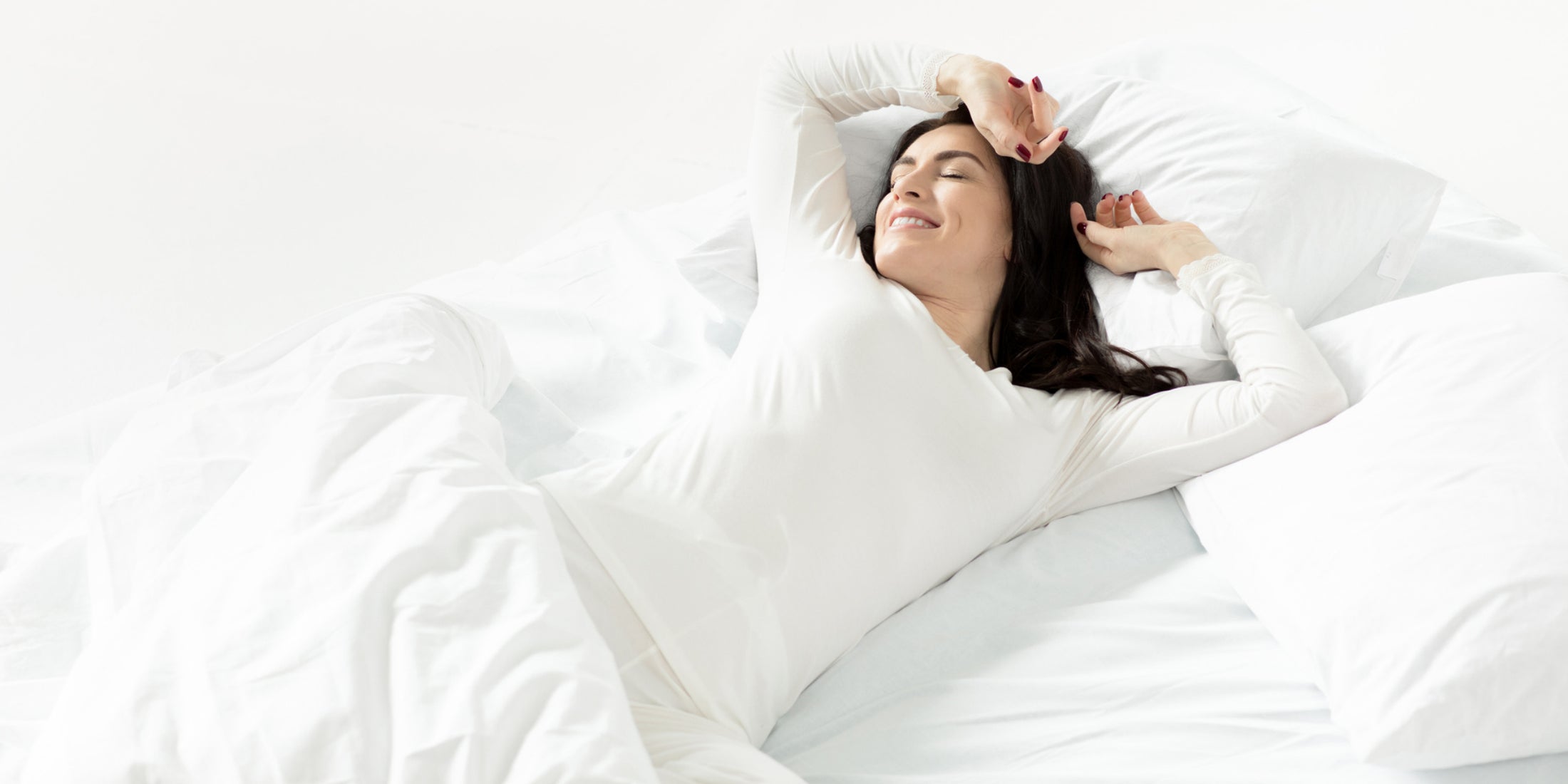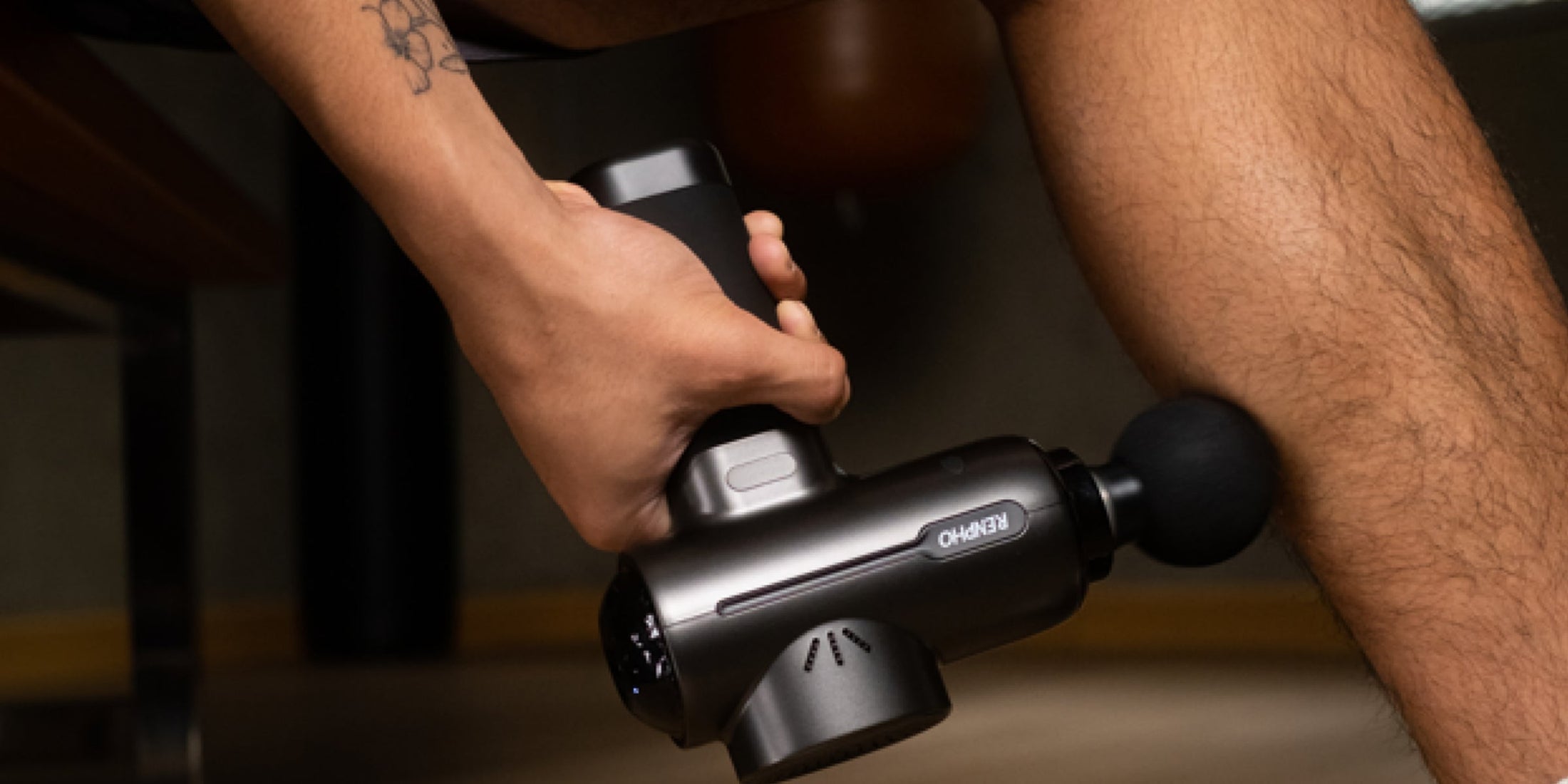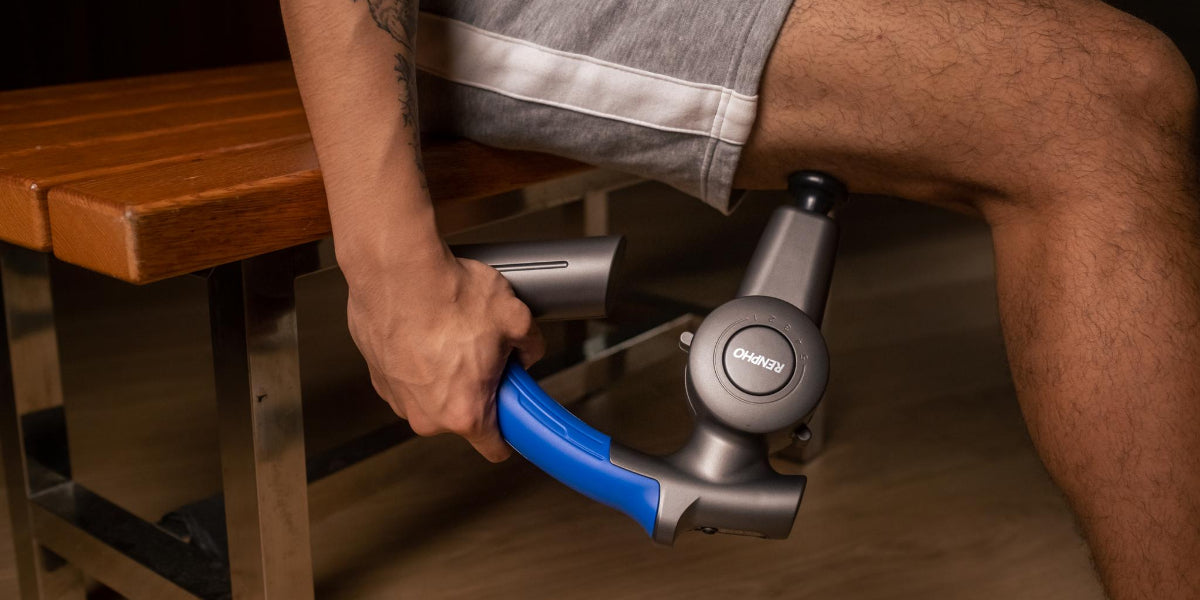Yoga is widely popular around the world for its many benefits for the body, such as improving flexibility, strength, balance, and posture. Did you know that yoga could also benefit your mind? It could help you cope with stress, anxiety, depression, and other mental health issues, as well as enhance your mood, memory, and creativity. In this article, we will explore how yoga could improve your mental health and well-being, and how you can start practicing yoga today.
From Tension to Tranquility
Stress and anxiety are common problems that affect many people in different ways. They can cause physical and mental symptoms, such as headaches, insomnia, irritability, nervousness, and panic attacks. They can also interfere with your daily life, work, and relationships.
Yoga can help you reduce stress and anxiety by triggering the relaxation response in your body. This is the opposite of the stress response, which is the fight-or-flight reaction that prepares you for danger. The relaxation response lowers your heart rate, blood pressure, breathing rate, and muscle tension, and increases your blood flow to your organs. It also balances your nervous system, which regulates your mood, emotions, and hormones.
It also teaches that breathing is a vital link between your body and mind, and it can affect how you feel and think. When you are stressed or anxious, you tend to breathe shallowly and rapidly, which can worsen your symptoms. When you practice yoga, you learn to breathe slowly and fully, which can calm your mind and body.
Not only does yoga improve your awareness and acceptance of yourself and your situation, but it also encourages you to focus on the present moment, and to observe your thoughts and feelings without judgment. This can help you to recognize and manage your triggers, and to cope with them more effectively. Yoga can also help you to cultivate positive emotions, such as gratitude, compassion, and joy, which can counteract the negative effects of stress and anxiety.

Harnessing Inner Bliss
Yoga enhances mood and depression by releasing feel-good brain chemicals, like endorphins, serotonin, dopamine, and norepinephrine, which promote happiness, motivation, pleasure, and reward. It boosts physical activity, circulation, and brain activity to stimulate their production. Additionally, yoga increases gamma-aminobutyric acid (GABA), a mood-regulating neurotransmitter, promoting calmness and relaxation.
Moreover, yoga influences brain structure and function by increasing the size and density of brain cells and connections. Areas related to learning, memory, emotion regulation, and self-awareness expand, while the amygdala, responsible for fear and stress responses, decreases in activity and size. These changes enhance cognitive abilities, emotional resilience, and overall well-being.
Furthermore, yoga provides social support and aids in spiritual growth. It fosters connections with like-minded individuals, offering friendship, encouragement, and feedback. It also facilitates self-discovery, meaning, and values, while promoting kindness, compassion, and generosity for increased happiness and well-being.
Embracing the Mat
If you want to start practicing yoga, here are some tips to help you:- Choose a yoga style that suits your preferences and goals: There are many types of yoga, such as hatha, vinyasa, bikram, ashtanga, iyengar, and kundalini. Each one has different characteristics, such as the pace, intensity, sequence, and focus of the poses and breathing. You can try different styles and see what works best for you.
- Find a yoga teacher or class that you like and trust: You can look for yoga classes in your local area, or online. You can also use apps, videos, or books to guide you through your practice. Make sure that your teacher or class is qualified, experienced, and respectful of your needs and abilities.
- Start at a beginner level and progress gradually: You don’t need to be flexible, strong, or fit to practice yoga. You just need to be willing to try and learn. Start with a beginner level that teaches you the basics of yoga, such as the poses, breathing, and alignment. Don’t push yourself too hard or too fast, and listen to your body and your intuition. You can increase the difficulty and duration of your practice as you become more comfortable and confident.
- Be consistent and patient: Yoga is a lifelong journey that takes time and practice to master. Don’t expect immediate results or perfection. Just enjoy the process and the benefits will follow. Try to practice yoga regularly, at least once or twice a week, and preferably every day. Even a few minutes of yoga can make a difference in your mental health and well-being.

Yoga is a wonderful practice that can improve your mental and physical health, but it can also cause some tension and soreness in your neck and shoulders, especially if you are new to yoga or have poor posture. That’s why using the RENPHO U-Neck 1 Neck & Shoulders Massager after a yoga session can be very beneficial for your well-being.
After a yoga session, the U-Neck 1 can help you release any residual tension and stress in your muscles and mind, and enhance your relaxation and recovery. It can also help you enter a state of deep relaxation, which can improve your sleep quality and mood. The neck and shoulders massager can help prevent and relieve some pain and stiffness from the challenging poses you tried or when you have overworked your muscles.
Not only does it improve your blood circulation, reduce inflammation, and loosen your tight knots, but the U-Neck 1 can also help you prevent and relieve headaches, migraines, and neck-related problems, such as cervical spondylosis and frozen shoulder.
Renpho Health Tips
-

10-Minute Yoga Routine For Stress and Anxiety Relief
April 23, 2023
Read more >
-

Rest and Recovery: Why They Matter More Than You Think
October 19, 2023
Read more >
-

5 Free Weight Workouts for Stronger Back Muscles
April 30, 2023
Read more >
-

6 Things You Need to Know about Renpho Massage Guns
June 20, 2023
Read more >
-

How to Select Your Massage Gun for Post-Workout Recovery
June 15, 2023
Read more >




































